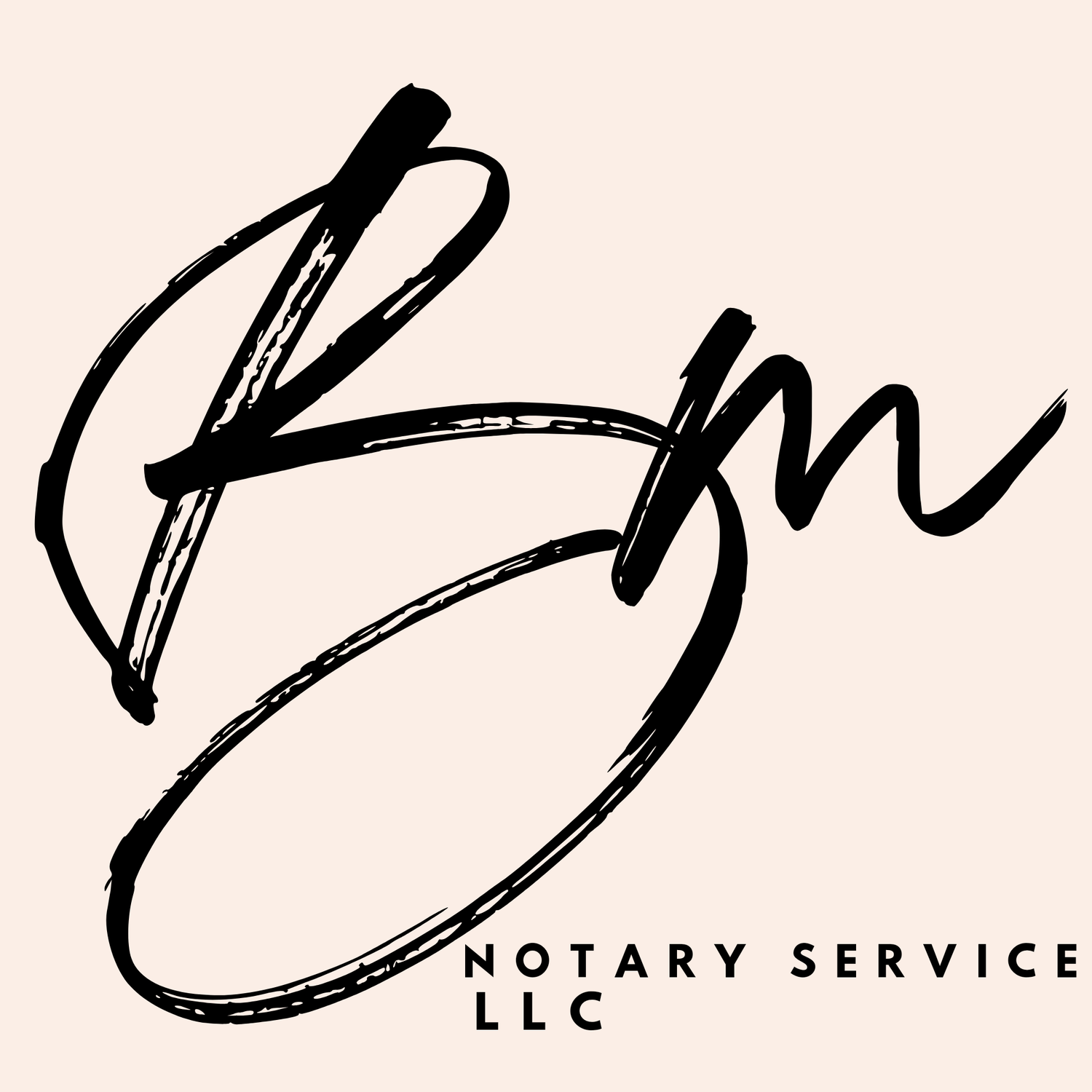DIRCO Laws Demystified: A Guide to Diplomatic Procedure
DIRCO Laws Demystified: A Guide to Diplomatic Procedure
Blog Article
Debunking Notarial Work: Simplifying the Duty and Significance of Notaries
In the elaborate internet of legal paperwork and verification, notaries stand as pillars of guarantee and authenticity. Their duty, often shrouded in enigma for numerous, carries considerable weight in making certain the credibility and integrity of vital records. As guardians of validity and fact, notaries play a pivotal component in our society, yet their work is not always completely comprehended. By deciphering the complexities losing and surrounding notarial practices light on the significance of their acts, a clearer understanding arises of the essential duty notaries play in promoting the material of legal and lawful contracts.
The Background of Notarial Job
Just how did notarial work progress with time to end up being an integral part of lawful and organization purchases? The background of notarial work dates back to old human beings, where scribes played a critical role in taping vital information and validating papers. As cultures proceeded, the demand for a more formalized system to ensure the credibility of arrangements arose. This brought about the growth of notaries, people designated by the state to act as neutral witnesses in lawful matters.
Throughout the Center Ages, notaries obtained prestige in Europe, with their functions increasing to include drafting legal documents, certifying signatures, and preserving documents. The surge of global profession even more emphasized the significance of notarial job in verifying agreements and agreements throughout boundaries.
In the modern-day era, notaries remain to play a crucial function in lawful and company transactions by confirming identities, confirming the authenticity of files, and protecting against fraud. Their role in licensing the legitimacy of arrangements includes a layer of security and trust fund to the ever-evolving landscape of business and regulation.

Obligations and Obligations of Notaries
Notaries play a crucial duty in confirming the authenticity of records and the identity of notaries. One of their key obligations is to witness the signing of vital records, such as agreements, wills, and deeds, to ensure that all celebrations are entering right into contracts knowingly and voluntarily.
Additionally, notaries are charged with administering oaths and affirmations, which are crucial in legal proceedings and the implementation of affidavits. They accredit duplicates of original documents, providing assurance to establishments that the duplicates are true replicas of the originals. Notaries need to preserve accurate documents of all transactions they oversee to make sure openness and accountability. On the whole, the responsibilities and obligations of notaries are important in securing the stability and legality of various papers and purchases.
Notarial Certificates and Signatures
Exemplifying careful interest to information, notarial certifications and trademarks act as important elements in confirming the credibility of lawful papers. Notarial certificates commonly contain crucial details such as the date of registration, the names of the notaries, a description of the file, and the notary's official seal. These certificates provide a clear document of the notarial act, making sure that the record can be conveniently recognized and traced back to the notary that looked after the procedure.
Trademarks play a pivotal duty in notarial work, as they indicate the agreement official statement and permission of the parties entailed. Notaries thoroughly witness the signing of documents to validate the identity of the signatories and confirm that they are authorizing of their own free choice. By attaching their official seal and signature to the record, notaries certify that the needed treatments have been complied with and that the file is legitimate and enforceable.
Basically, notarial certifications and signatures are the trademark of credibility in lawful purchases, giving assurance to all celebrations entailed that the records are legit and binding.
Significance of Notarial Acts

Registration Refine Described
Clarifying the notarization process gives clarity on the vital steps involved in confirming legal documents. The registration process generally begins with the private offering the record to a notary public. The notary then confirms the endorser's identification through appropriate identification techniques. As soon as the identification is validated, the notary makes sure that the private signing the file does so voluntarily and without any type of browbeating.

Final Thought

Notarial certifications normally contain important details such as the day of registration, the names of the notaries, a summary of the document, and the notary's official seal. These certificates supply a clear document of the notarial act, making look what i found certain that the document can be quickly recognized and mapped back to the notary that oversaw the procedure.
By attaching their official seal and signature to the paper, notaries accredit that the necessary procedures have been followed and that the document is enforceable and valid.
By confirming the identity of the notaries, validating their willingness to enter into the agreement, and licensing the day and place of the finalizing, notaries play a critical duty in maintaining the validity of lawful records.After the paper is authorized, the notary will attach their official seal or stamp onto the document.
Report this page